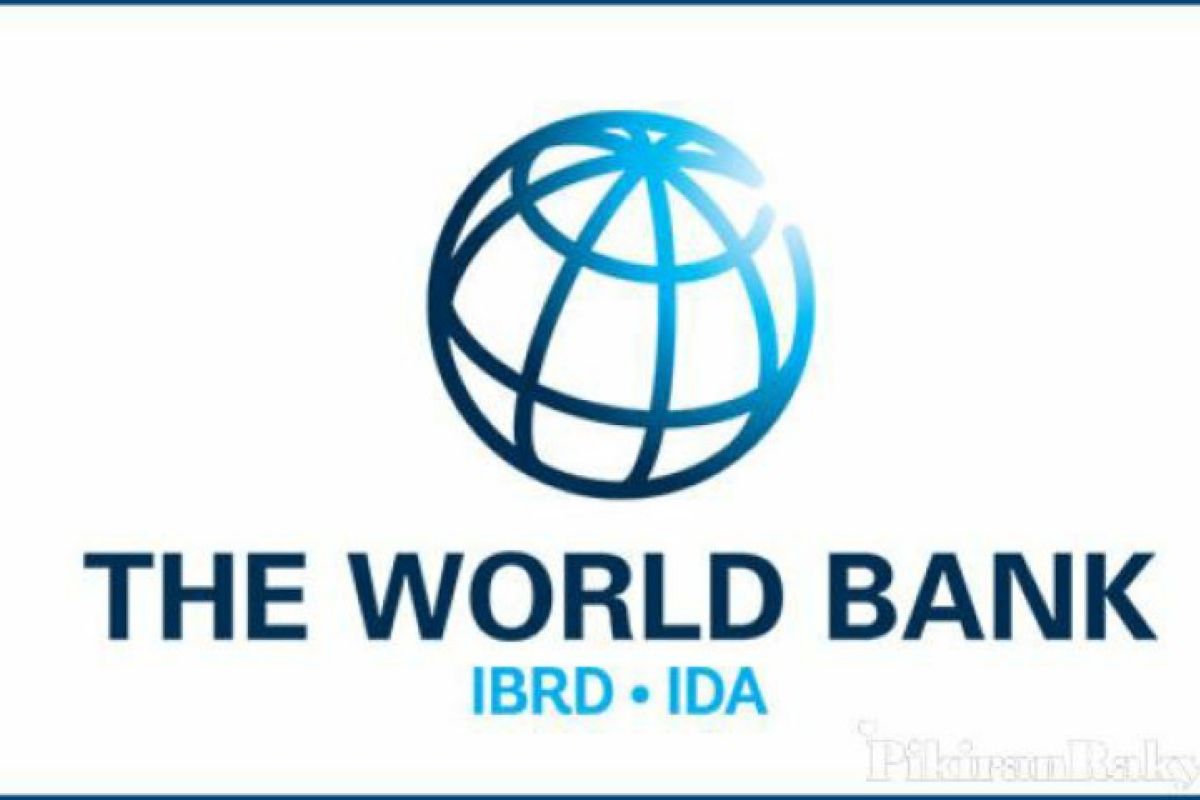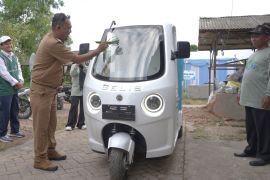Jakarta (ANTARA) - Urbanization has the potential to be a major driver of prosperity and inclusiveness in Indonesia, but fully realizing this potential requires bold institutional reforms, according to a World Bank report.
Further, Indonesian cities need improved management and more adequate financing, according to a statement from World Bank received in Jakarta on Friday.
This translates into expanding options for financing infrastructure and basic services, improving coordination among different levels and sectors of government and within metropolitan areas, and building capacity in local governments to better plan and implement urban development.
Indonesia has urbanized as it has climbed the ladder of development. Since 1950, average GDP per capita has increased almost nine-fold. At the same time, the share of the population living in urban areas has increased from 12 to 56 percent.
Related news: Urbanization can have positive impact on growth: Minister
Indonesia’s prosperity gains are closely linked to the benefits from urban expansion and the transition to an economy based on services and industry.
"As people and firms cluster in cities, it becomes easier to match talent to jobs, exchange ideas and knowledge, share inputs, and access markets," said Kurt Kunz, Swiss Ambassador to Indonesia.
"Cities are engines of prosperity, and this is why Switzerland supports sustainable urban development in Indonesia," he added.
Although urbanization has slowed from the breakneck pace of the 1980s and 1990s, Indonesian cities continue to grow in population at a rapid pace. Today, about 151 million people live in urban areas. By 2045, the centenary of Indonesia’s independence, around 220 million people, or over 70% of the population, will live in cities.
"Better economic opportunities in cities have helped lift millions of Indonesians out of poverty and millions more join the middle-class," said Sameh Wahba, World Bank Global Director for Urban, Disaster Risk Management, Resilience and Land Global Practice.
The report notes, however, that Indonesia has not prospered as much from urbanization as have other countries.
Related news: Well-managed urbanization leads to economic growth: Bappenas
Between 1996 and 2016, every percentage point increase in the share of Indonesia’s population living in urban areas was associated with a 1.4 percent increase in GDP per capita, compared to 2.7 percent in other developing countries in East Asia and the Pacific.
Indonesian cities also face challenges to their livability due to traffic congestion, pollution, insufficient affordable housing, and continued deficits in access to basic services. Moreover, while urbanization has made an important contribution to the overall rise of living standards, the benefits have not been shared equally.
"No large country has ever reached high-income status without also becoming urbanized," said Rodrigo A. Chaves, World Bank Country Director for Indonesia and Timor-Leste.
Related news: Make urbanization positive: VP
Because the urban environment is difficult and costly to change, once built, delays in action will risk locking Indonesia further into a suboptimal trajectory of urban development. To succeed, Indonesia needs to act now, he noted.
The report offers a novel way of classifying the different types of urban and rural locations across the country. Drawing on a wide range of data sources, it takes stock of the extent to which urbanization in Indonesia has delivered on three key outcomes: prosperity, inclusiveness, and livability.
(INE)
Related news: Government adopts WB's ACT recommendation: Minister
Related news: World Bank approves $150 million geothermal energy loan
Related news: Jokowi receives WB representative for discussion on global economy
Reporter: Azis Kurmala
Editor: Fardah Assegaf
Indonesia needs strong institutional reform: World Bank
Jumat, 11 Oktober 2019 20:44 WIB

Logo of World Bank (ANTARA)
Cities are engines of prosperity, and this is why Switzerland supports sustainable urban development in Indonesia,









